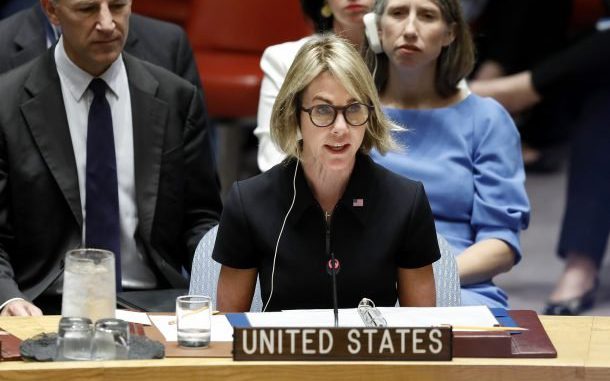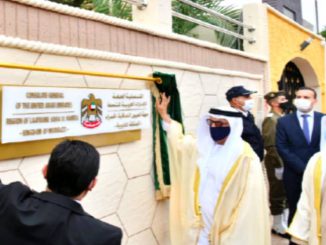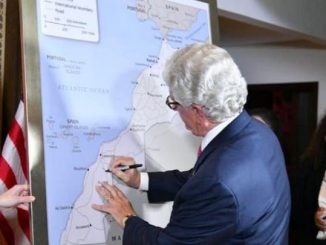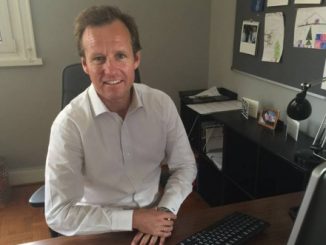
The United Nations Security Council held, on Monday, at the request of Germany, informative consultations behind closed doors on the latest developments in the Moroccan Sahara issue.
According to diplomatic sources, this meeting was an opportunity for the United States to expose, for the first time before the Security Council, the validity and correctness of the American Proclamation of December 10, 2020, recognizing the full and complete sovereignty of Morocco over its Sahara.
This presentation by a permanent member of the Security Council, has a historical significance and fundamental importance for the political-legal consecration of the Moroccan Sahara within the United Nations. At the same time, the U.S. delegation reaffirmed Washington’s strong support for the Moroccan autonomy initiative as the only solution to the regional dispute over the Moroccan Sahara.
Diplomatic sources in New York confirmed that during these consultations, several Member States joined the United States in supporting the Moroccan Autonomy Initiative as the only serious and credible basis for ending this dispute inherited from the Cold War era.
The members of the Council have, according to diplomats at the UN, unanimously reiterated their support for the exclusively UN process, aimed at achieving a political, realistic, pragmatic, sustainable and compromise solution to the artificial dispute over the Moroccan Sahara, based on Security Council resolutions since 2007.
In their statements, Council members stressed the importance of the rapid appointment of a new Personal Envoy for the resumption, as soon as possible, of the round table process, with the active participation of Algeria, enshrined in Security Council resolutions as the main party to the regional dispute over the Moroccan Sahara. Not without insisting on the need for a favourable climate and suitable conditions to allow the resumption of this process where it stopped with the former UN envoy Horst Köhler.
In this context, the members of the Security Council have all expressed their concerns about the violations of the ceasefire and the Military Agreements by the separatist armed group “Polisario”. Several members pointed out the responsibility of the latter in the crisis in El Guergarat, blocking the road passage in this area for more than three weeks. This has led Morocco to conduct its civil engineering operation which has restored, once and for all, free civil and commercial movement, as well as calm and serenity in El Guergarat. This peaceful action was greatly welcomed by the entire international community.
According to the same diplomatic sources, the “polisario” has been enjoined to scrupulously respect the provisions of the ceasefire, which it has publicly denounced and which it violates on a daily basis. The “polisario” has also been asked to cooperate with MINURSO, whose mandate to supervise the ceasefire is dangerously hindering its compliance. On the other hand, Morocco’s cooperation with MINURSO has been widely welcomed.
Finally, this meeting, held, according to the same sources, in a serene and peaceful atmosphere, was not sanctioned by any declaration, despite Algeria’s demarches and pressure on certain members of the Council. In the absence of such a result, the President of the Council for the month of December, the South African ambassador, Jerry Matjila, had no choice but to reiterate, in his national capacity only, the ideological position of Pretoria on the Moroccan Sahara. Even his press conference, announced well in advance and attended by only one journalist, was snubbed by the correspondents of media and press agencies accredited to the UN.
The highlights of these consultations will have been the serene presentation of the American proclamation on the Moroccan Sahara, the reaffirmed support for the Autonomy Initiative, including by two permanent members of the Security Council, as well as the consecration of the irreversible return to normality in El Guergarate. The meeting was also marked by the reference to the letters of King Mohammed VI to the UN Secretary General, reaffirming that the referendum is dead and buried and that the Autonomy Initiative, within the framework of the Sovereignty and territorial integrity of Morocco, is the only solution to this dispute.




Be the first to comment